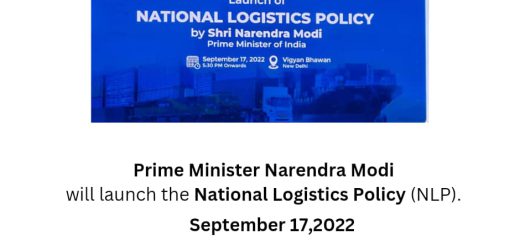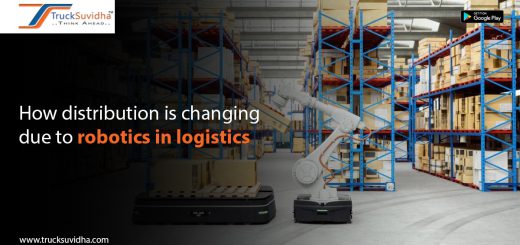5 Fundamental Pillar of Freight Transportation
Full Truckload (FTL) services play a crucial role in the backbone of freight transportation. As the name suggests, FTL refers to the transportation of goods that occupy the entire capacity of a truck. This mode of transportation offers numerous advantages for both shippers and carriers, making it an integral part of the logistics industry. In this article, we will explore the significance and benefits of full truck services in freight transportation.
Key Pillars of Freight Transportation
Efficient and Direct Delivery
One of the primary advantages of FTL services is the efficient and direct delivery of goods. Unlike less-than-truckload (LTL) shipments, where goods from multiple shippers are consolidated into a single truck, FTL shipments involve only one shipper’s goods. This means that the truck travels directly from the pickup location to the destination without the need for additional stops or transfers.
This direct delivery ensures faster transit times and reduces the risk of damage or loss associated with multiple handling and transfers. Shippers can rely on FTL services for time-sensitive shipments, ensuring that their goods reach their destination promptly and in optimal condition. Additionally, the streamlined nature of FTL transportation allows for better coordination and planning, minimizing delays and improving overall logistics efficiency.
Enhanced Security and Reduced Risk
Full truck services provide enhanced security and reduced risk compared to other modes of transportation. Since FTL shipments involve only one shipper’s goods, there is less chance of theft, tampering, or damage during transit. Shippers have greater control over their cargo, reducing the risk of loss or pilferage.
Furthermore, FTL shipments are less susceptible to damage caused by handling or shifting of goods during loading and unloading. The goods remain securely stowed in the truck for the entire journey, minimizing the likelihood of damage due to rough handling or improper stacking. This increased security and reduced risk make FTL services particularly beneficial for high-value or fragile goods requiring extra transportation care.
Flexibility and Customization
Full truck services offer flexibility and customization options to shippers. With FTL shipments, shippers have the freedom to choose the type of truck that best suits their specific requirements. Shippers can select the most suitable option for their goods, whether it is a dry van, flatbed, refrigerated truck, or any other specialized equipment.
Additionally, FTL services allow shippers to determine the pickup and delivery schedules that align with their operations. Shippers can coordinate with carriers to schedule pickups and deliveries at their convenience, allowing for better planning and optimization of their supply chains. This flexibility and customization enable shippers to meet their unique transportation needs and ensure a seamless flow of goods.
Also Read:- Supply Chain Management: The Role of Technology in Modernization
Cost-Effectiveness for Bulk Shipments
FTL services often prove to be cost-effective for bulk shipments. When a shipper has a substantial volume of goods that can fill an entire truck, opting for FTL services can be more economical compared to LTL shipments. Since the entire truck capacity is utilized, shippers pay for the transportation cost per truckload rather than per unit of weight or volume.
In addition, FTL services can help shippers avoid the costs associated with the consolidation and deconsolidation of goods, as well as the handling fees charged by carriers for LTL shipments. Shippers also benefit from reduced administrative and documentation work since they only need to manage one shipment instead of multiple LTL shipments. These cost advantages make FTL services an attractive option for businesses that frequently transport large quantities of goods.
Reduced Carbon Footprint
Another significant advantage of FTL services is the potential for reducing the carbon footprint of transportation. By optimizing truck capacity utilization, FTL shipments help minimize the number of trucks on the road. This reduces fuel consumption, vehicle emissions, and overall environmental impact.
Furthermore, carriers offering FTL services can implement route optimization strategies to reduce empty miles and maximize fuel efficiency. By utilizing advanced logistics software and technologies, carriers can plan the most efficient routes, taking into account factors such as traffic conditions, distance, and fuel consumption. This proactive approach to route planning contributes to a greener and more sustainable transportation system.
Conclusion
In conclusion, full truck services are the backbone of freight transportation, offering numerous benefits to both shippers and carriers. The efficient and direct delivery, enhanced security, flexibility, and customization options, cost-effectiveness for bulk shipments, and reduced carbon footprint make FTL services an indispensable part of the logistics industry. As businesses continue to rely on timely and reliable transportation of goods, full truck services will continue to play a vital role in meeting their evolving needs and ensuring the smooth flow of goods across the supply chain.




Recent Comments